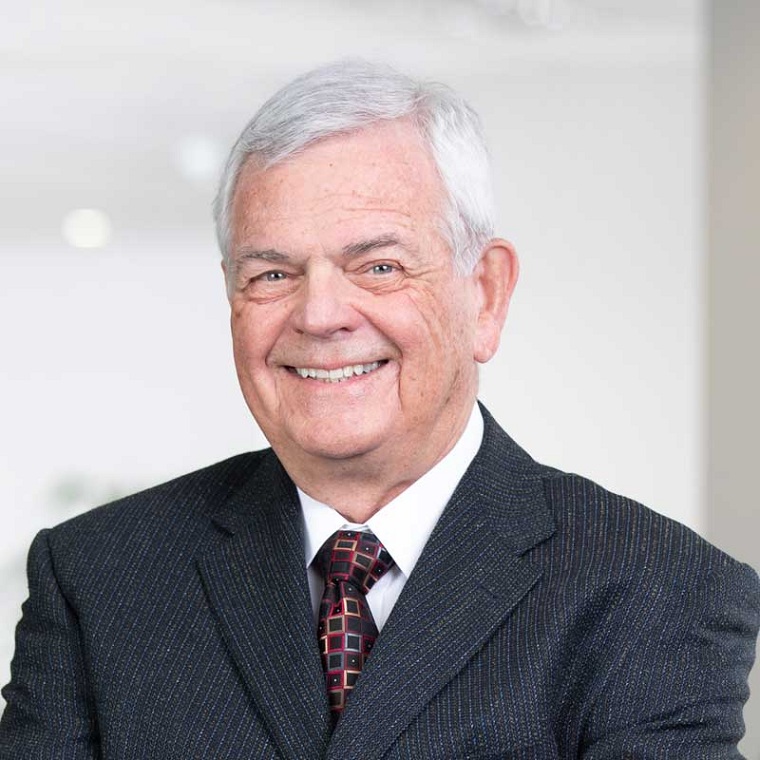When I asked a war veteran who is close to the party why a government bank had so many Americans on its board when Zimbabwe was under US sanctions, he said the only reason he could think of was that it was strategic.
It was indeed. Holtzman said his vision was to maintain and grow the financial institution’s dominant market share of more than 23 per cent, develop its IT framework, and integrate its businesses.
“People are often scared of change, but if we do not adapt to what is happening around us, we will lose market share,” he said. “We need to change the culture of the institution, embrace digitisation and give people the opportunity to develop their skills.
“We have to be flexible, nimble and willing to change. We need to become the disruptors, reward performance, and deliver for our customers as we continue to grow our businesses. We will be an engine to transform peoples’ lives financially and we will do that by improving our product offering and by extending our services to our corporate and retail customers.”
His appointment has started paying off.
CBZ has just been spared a US$385 million fine for breaching United States sanctions on Zimbabwe.
Initially, the bank was supposed to pay a fine of US$3.8 billion -almost enough to finance the country’s national budget- but this was revised down to US$385 million. It has furthered been reduced to a warning.
I still don’t have answers though on what role James Patrick Myers, who has been chairman of Econet for the past eight years, is playing.
Its mobile service under Ecocash is technically under Cassava Smartech but this is just technical.
When Myers was appointed chairman, replacing Tawanda Nyamirai, Econet founder Strive Masiyiwa said Myers’s appointment was a testament of how far the Zimbabwean company had come when it could persuade international businessmen of the calibre of Myers to head its board.
 Masiyiwa described Myers as “a man of impeccable credentials and integrity who will oversee the next phase of the Zimbabwean business’ development”.
Masiyiwa described Myers as “a man of impeccable credentials and integrity who will oversee the next phase of the Zimbabwean business’ development”.
Ecocash became a financial behemoth, so big that it threatened the national financial system and is now being cut to size.
But the question that remains is, whose interests is Myers representing?
(324 VIEWS)






0 Comments